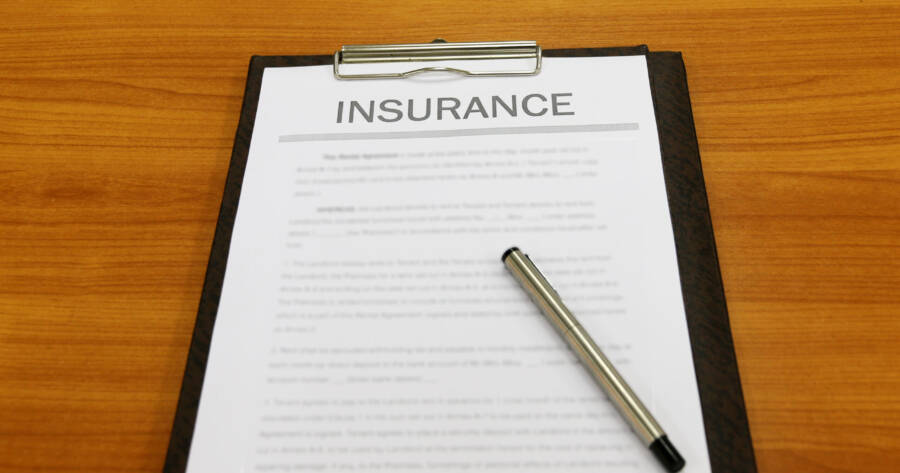In the world of insurance, things can get complicated. There are so many different types of polices and lots of terminology to know about. One common term you’ll likely come across is “insurance binder.” So what exactly is that? An insurance binder is confirmation of an agreement between an insurance company and customer. It confirms, in writing, that an insurance policy is being issued. It represents proof of insurance that you will need, for various reasons, until your official policy arrives in the mail. Another way to think about binders are that they are temporary proof of insurance until the official insurance policy is prepared.
Insurance binders tend to be issued for a limited time. They typically have an expiry date attached to them. Most insurance binders are only good for 30 days or less. The binder identifies the insured item, basic conditions, coverages, deductibles, and names of the policy owner. All that information will also appear on the formal insurance contract.
Information Included on an Insurance Binder
The insurance binder includes all the pertinent information about the insurance contract that has been purchased. This includes the “risk,” or what is being insured, such as a vehicle or home. This means make, model and VIN of a vehicle or the address of an insured home or property. Additionally, it will include the amount of coverage (and what kind) the policy contains.
Insurance binders also usually identify deductible amounts and coverage limits. The type of coverage (and potential limits) will also likely be mentioned. By law, an insurance binder must specify the name of the person being insured. It must also specify any other individuals who are named in the insurance policy, such as a spouse, child, or co-owner of a home or vehicle.
A binder also must clearly indicate the insurance company, along with contact information for them. It might also name an insurance agent who authorized the binder and who serves as a point of contact for any claims made.
Who Needs an Insurance Binder?
If you enter into an insurance policy, you should receive an immediate insurance binder. You might want to make a point to specifically request one. While you might not always end up needing it, it’s always better to have proof of insurance. The most common uses are when you purchase a new car or are applying for a new mortgage. Both deals will probably require that you prove you have insurance. The paradox is that you won’t have insurance on the item if you haven’t purchased it yet. But you can’t purchase it without proof of insurance. You see the problem?
An insurance binder solves this problem. It’s a confirmation from the insurance company that you have temporary coverage. That will be sufficient to complete the deal, enabling the full insurance policy to get put into place. It also allows you to drive your new car off the lot or close the deal on your new mortgage. Be sure to check the details carefully and ensure that no mistakes have been made. If you need to make a claim before you official insurance documents arrive, the binder will be required.
Car vs. Home Binders
Car insurance binders provide a description of coverages (liability, collision and comprehensive), along with the associated deductibles. In comparison, a home insurance binder identifies the amount of insurance on the building, the deductible, the name on the policy, and the term.
Both types are considered valid for a set period, usually until an official insurance policy is written, printed, and arrives via mail. Once official documents arrive, the insurance binder becomes void. You can safely discard it, since it’s been replaced by the actual insurance contract.
What’s Not Included in an Insurance Binder
The insurance binder is only a summary of insurance coverage. It’s meant to give a general overview of the key coverages. That means you won’t find the full terms and conditions, or any of the fine print, in one. For example, they don’t typically include any policy wording or definition, like special limits or exemptions on home policies.
Since every binder expires, it’s important to ensure that you get that official policy. A binder is never a permanent replacement for an actual insurance contract. If your full policy documents don’t arrive before in a timely manner, it could cause problems. Make sure you follow up with your insurance company if this happens to you. Remember that your binder is only a temporary document.
 Shutterstock
Shutterstock







